NTU Sustainability Goals
As a leading research-intensive university, NTU recognises the need to respond and find solutions to the global threats to sustainability and other grand challenges that the world is facing.
NTU has built its strengths in sustainability over the years through a wide range of efforts in education, research and innovation. In 2021, the University launched a 15-year Sustainability Manifesto (our action policy) and was the first university in the
world to launch a Sustainability Linked Bond. Our detailed targets and goals in the Sustainability Manifesto are reflected in our Sustainability Framework document. One of our key targets is to achieve carbon neutrality by 2035, reflecting NTU’s commitment to prioritising the active reduction of emissions as much as possible.


NTU ESG SUSTAINABILITY REPORT 2024
Click to ViewAwards & Highlights

NTU Singapore awarded the SEAA 2024 - Systems & Management Merit Award
Click to ViewKey Figures at a Glance


-2025.tmb-listing.jpg?Culture=en&sfvrsn=b81b6dfc_1)



.jpg?sfvrsn=b3922e41_0)


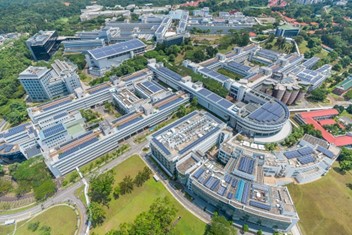



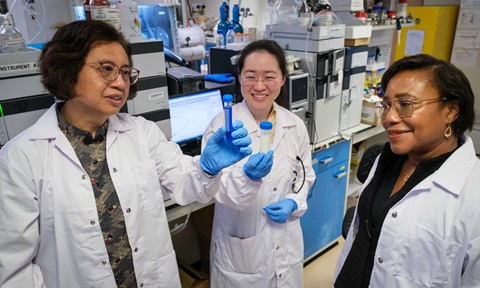

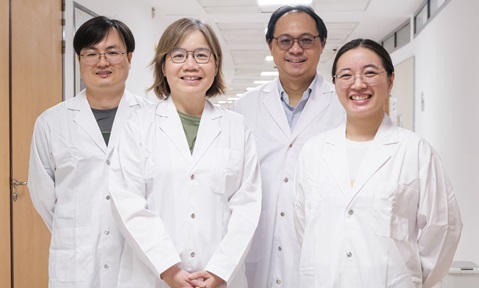
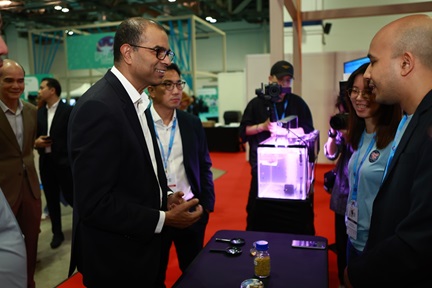
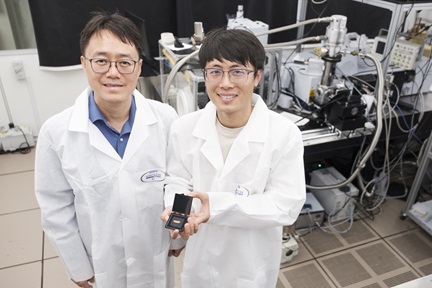
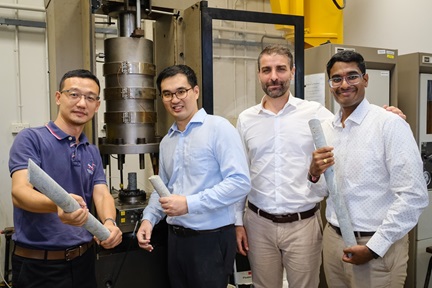









.tmb-listing.jpg?Culture=en&sfvrsn=55153609_1)
